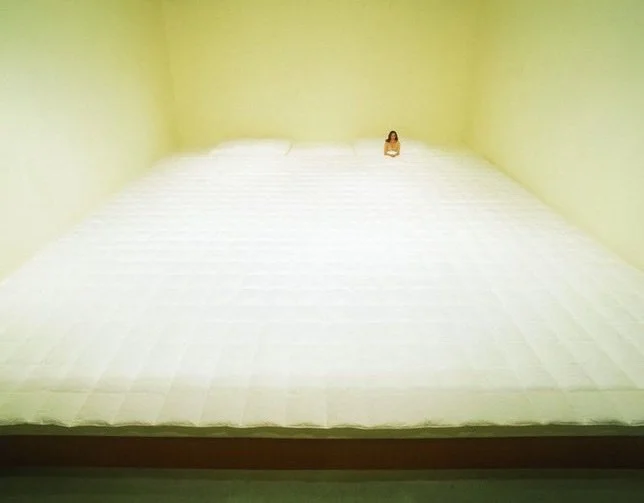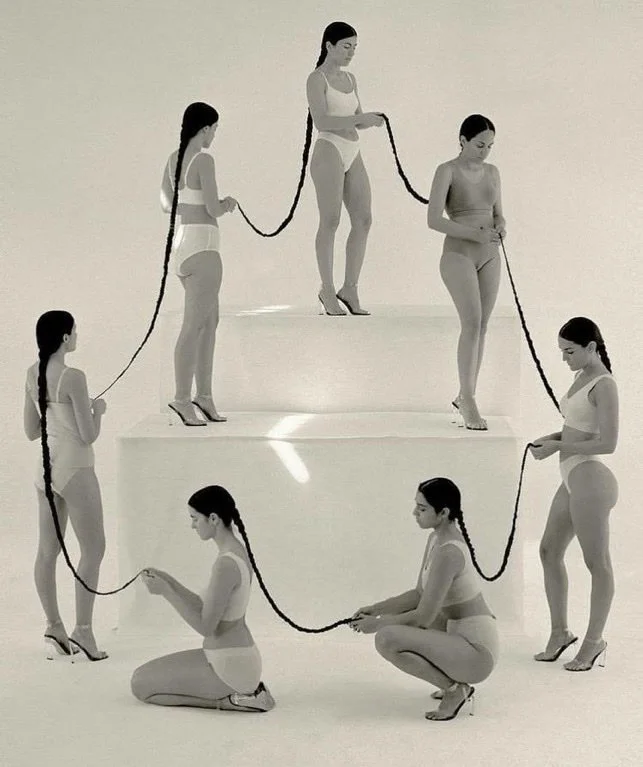The Dissatisfying Art of Wanting More
Each Bocconi student, no matter their program, has to endure a course in economics.
One of the very first things to learn is that the rational consumer will always choose the option that provides him with more rather than less - this is the way in which utility can be maximised.
And it seems perfectly logical, no doubt. But in real life, from a not-so-economic perspective of an average student pondering their existence, does this utility-maximising strategy of greed really lead to satisfaction in the long-run?
Wanting more facilitates progress and invention. The whole of human history - when observed from a specific point of view is basically the sum of measures people took to live longer, have more and get it easier. The mother of invention is not necessarily need, but her slightly evil twin - greed. It is beneficial then, to be unhappy with the current state of events. Acting on dissatisfaction serves a hopeful purpose of bringing subsequent satisfaction.
Still, what if the dissatisfied state comes back, or just as unfortunately, ever persists? Can we ever get the satisfaction Mick Jagger was so on about?
Truth is, our very dissatisfaction used to be key to survival. Being content ultimately prevents us from seeking improvements. It is then by nature that dissatisfaction seems to be our natural state, only every now and then interrupted by bliss. The ‘bliss’ is easiest to get used to, though. The more satisfaction we experience, the higher the threshold to achieve it, as easily observed when considering addictions.
As the brain gets used to producing dopamine through ingesting substances, the usual production of happy chemicals decreases. Hence, there is the case of ever wanting more. The next hit is necessary to achieve a level deemed satisfactory. But this doesn’t just apply to drugs - as cliche as it sounds, the primary object of human greed seems to always be money.
Schopenhauer saying wealth is like seawater; the more we drink, the thirstier we become, only goes to show that any amount of riches is easily seen as insufficient. Although money itself does not necessarily bring happiness - Rousseau was right about that-, it may save us from causes of unhappiness.
Yet again, dissatisfaction is not always concerned with the amount of things we possess, but also their nature and the foundation we set ourselves: expectations.
And expectations seem to skyrocket in the era of sky is the limit and reach for the stars agenda. The seemingly liberating mindset that everything is possible can, sometimes, be quite limiting. A simplifying example: faced with just one possible ice-cream flavour, my grandma knew exactly what she would get from the nearby grocery store as a kid. Each time her choice - or should I say lack thereof - brought her satisfaction. Today, I have to give myself at least five minutes to choose what gelato to get, and yet I seem to always regret my choice and wish I had picked something else. Too many possibilities for satisfaction end up bringing me nothing but irritation.
The conviction of being able to have everything, or worse, of being deserving of having everything, can make us dissatisfied with anything less than everything - just because we don’t have it all. It’s not exactly my own conclusion. Daniel Kahneman - a name familiar to Bocconi students… or maybe not - discussed it in his works regarding prospect theory: we are more sensitive to a possible loss than excited for an equivalent gain.
What if one has everything at their disposal and is at the same time not threatened with loss? Is that the key to satisfaction, one of the macronutrients of happiness?
Let us use Abd al-Rahman III, the Emir of Cordoba in times of the Muslim kingdom of Spain in the 10th century AD, as an example.
At the very ripe age of 70, he wrote a letter that may today serve as a source of life lessons. In it we find, though, this very disturbing excerpt:
I HAVE NOW REIGNED ABOVE FIFTY YEARS IN VICTORY OR PEACE; BELOVED BY MY SUBJECTS, DREADED BY MY ENEMIES. RICHES AND HONORS, POWER AND PLEASURE, HAVE WAITED ON MY CALL, NOR DOES ANY EARTHLY BLESSING APPEAR TO HAVE BEEN WANTING TO MY FELICITY. IN THIS SITUATION, I HAVE DILIGENTLY NUMBERED THE DAYS OF PURE AND GENUINE HAPPINESS WHICH HAVE FALLEN TO MY LOT: THEY AMOUNT TO FOURTEEN: - O MAN! PLACE NOT THY CONFIDENCE IN THIS PRESENT WORLD!
- ABD AR-RAHMAN III




